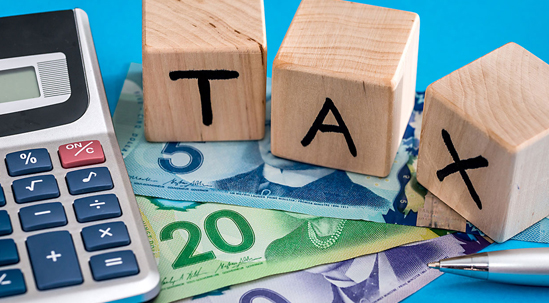
Strategies to Avoid Capital Gains Tax on Rental Property in Canada
The Canadian Revenue Agency (CRA) is the body that administers tax laws in Canada. It has put forward strict guidelines for capital gains tax on rental property.
What is Capital Gains Tax?
It is the tax you must pay when selling a capital property. All depreciable properties bought for investment objectives or to generate income come under the category of capital properties. Let us discuss the best strategies with legal validity to sidestep capital gains tax on Canadian rental properties.
Focus on Investing in the RRSP
Have you sold your rental property? Invest some profit you received into your RRSP plan. It is the Registered Retirement Savings Plan that many Canadian citizens have. Your taxable income can be downsized with the help of a RRSP investment. Also, consider other tax shelter options. Many people follow this strategy to reduce their tax bills.
Utilize Capital Gains Reserve
Some people focus on using the advantages of a capital gains reserve. It is the process of extending the tax payment up to 5 years. Otherwise, you can settle the entire tax amount upfront. Capital gains reserve can be claimed if you receive the payment of the sold property within a few years.
Open a TFSA Account
You can open a TFSA account to avoid capital gains tax on rental property to a certain extent. TFSA refers to a Tax-free Savings Account. It allows you to hold investments and withdraw without paying any tax. However, there is a limit on the amount you can send to your TFSA account.

Use the Exemption for Principal Residence
Did you ever live in the rental property that you have sold? Was it your principal residence for some period? If you answer yes to these questions, you can capitalize on the principal residence exemption. The condition is that you should not sell the property within a year of buying it. You can claim the property as your primary residence for up to four years.
Gifted or Inherited Property as Principal Residence
Is your rental property an inherited or gifted one? Then, use it as your principal residence for one year at least before selling. This approach helps you avoid the liability involved with the capital gains tax.
Other methods to avoid capital gains tax on rental property include establishing a rental property business and offsetting capital losses. Seek the help of an experienced financial advisor to learn more about these strategies and their benefits.

